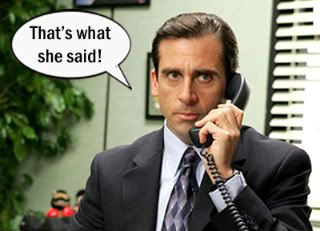You're creating a strawman. In this case, yes, it only applies to the government. The First Amendment as it pertains to freedom of speech only protects government suppression of free speech or the suppression of free speech by government agents/employees.
Private businesses do not owe you free speech. That is why X can ban any user on this board and they can't sue him for violating free speech. It is a private business. It's also why the NFL can fine coaches and players for their speech if it violates the NFL's rules.
The NFL is not a government organization. Feel free to look up this issue and look deeper into the law behind the First Amendment and Freedom of Speech.
Completely different. If Paul were to open this forum up to speeches by candidates for example, he couldn't say which candidates wouldn't be allowed to be on the forum if he was charging for those speeches to be aired. Even still it would be different and may not infringe on speech issues because this site is largely membership based and would likely not be considered a public area. I believe you have to be a member to post here - no?
TV stations or systems also can't discriminate based on content. Dish Network for example sued Direct TV because they were trying to block their commercials. They won. What grounds do you think they sued them on? When you start getting into advertising to the general public you start falling under the protections of the First Amendment and others.
The NFL can make all kinds of rules regarding its employees and anyone who works for them. They cannot tell you or me what we can say about the job the refs are doing this year (which for the record - sucks).
Part of what makes me skeptical of this commercial is that this decision would most likely be made by the network and not the NFL. The NFL may have this in their bylaws and that could possibly hold up. They could have a set of rules for their networks as to what can and can't be advertised during games. They would have to be careful there as well because there could still be issues due to the fact that the Supreme Court has ruled that businesses are covered by the First Amendment. If they took a commercial and determined it wasn't suitable due to content, they could very well be sued. But I guarantee you that if they had anything to do with stopping this commercial, they had their Ts crossed and their Is dotted long before rejecting it.
If you own a piece of property that has say a shopping center on it that is open to the public, the areas to and from but not inside the doors of the businesses is considered public and the property owner cannot interfere with free speech by those using that property. The airwaves have been deemed public by the Supreme Court as well.
The Constitution and Bill of Rights may mostly be interpreted as documents protecting us against the gov't. But no individual, group, or business, is allowed to usurp those rights. The difference generally comes in - and this is where it gets sticky - is what you are determining is the reason for denying someone. Are you denying based on a political stance or content? Bummer for you. Have you defined your policy to simply state that guns won't be a part of any commercial either for or against? You are probably safe.
Here's a simple one. Can you say "coloreds" aren't allowed in your establishment? No? But it is a business - not a government building. Why not?


